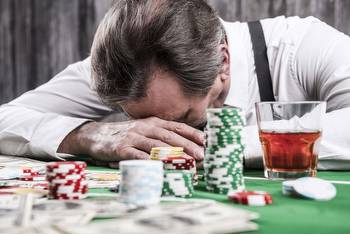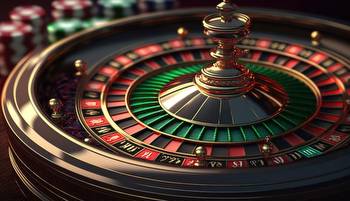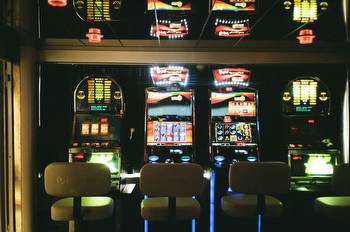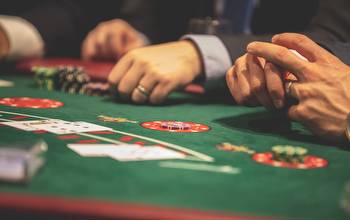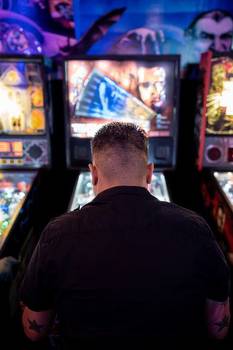The Psychology Behind Online Slot Addiction

In the realm of online entertainment and gaming, one phenomenon that has gained significant attention is the issue of online slot addiction. As the world becomes increasingly digitized, the allure of virtual casinos and slot machines has captivated a growing number of individuals. In this article, we delve deep into the intricate psychology behind online slot addiction, shedding light on the factors that contribute to this phenomenon.
Online slot games are designed to be visually appealing, with vibrant graphics, captivating animations, and enticing themes. These visual elements are carefully crafted to grab the player’s attention and keep them engaged. The use of bold colours and dynamic imagery triggers a sense of excitement and anticipation, drawing players into the virtual world of slots.
One of the key psychological factors contributing to online slot addiction is the thrill of the spin. Each spin of the virtual reels generates a rush of adrenaline as players hope for a winning combination. The unpredictability of the outcome creates an element of suspense and excitement that keeps players coming back for more.
Online slot machines employ a variable reward system, which is a powerful psychological tool. This system offers unpredictable rewards, much like a slot machine in a traditional casino. Players never know when they will win or how much they will win, creating a sense of unpredictability that keeps them engaged.
The near-miss phenomenon is another aspect of reinforcement in online slot games. When players come close to winning but fall just short, it triggers a sense of frustration coupled with the belief that they are close to a big win. This frustration leads to a desire to continue playing in the hope of achieving that elusive jackpot.
Online slot games often incorporate social features that allow players to interact with friends and other players. This social aspect adds an additional layer of engagement, as players can share their experiences, achievements, and even compete with one another. The desire to outperform others can intensify the addiction as players seek to establish their dominance.
For some individuals, online slot addiction serves as a form of escapism from the challenges and stresses of daily life. The virtual casino provides a sanctuary where players can temporarily escape their problems and immerse themselves in a world of chance and excitement.
The act of spinning the reels and the potential for a win can act as a form of stress relief. Dopamine, a neurotransmitter associated with pleasure and reward, is released during gameplay, temporarily alleviating stress and anxiety.
Cognitive biases play a significant role in online slot addiction. Confirmation bias leads individuals to focus on their wins and ignore their losses. This selective attention reinforces the belief that winning is more common than it is, encouraging continued play.
The illusion of control is another cognitive bias that comes into play. Players believe they can influence the outcome of a spin through timing or specific actions, even though online slots operate purely on RNG (Random Number Generator). This false sense of control keeps players engaged.
Online slot addiction is a serious concern, and seeking help is essential for those who find themselves ensnared in its grip. Support groups, therapy, and self-exclusion options offered by online casinos can be valuable resources for individuals looking to break free from the cycle of addiction.
In conclusion, the psychology behind online slot addiction is a complex interplay of visual and auditory stimuli, reinforcement, social interaction, escapism, and cognitive biases. Understanding these factors can help individuals make informed decisions about their gaming habits and seek help if needed. While online slots can offer entertainment, they should be approached with caution to prevent addiction and its associated negative consequences.
















